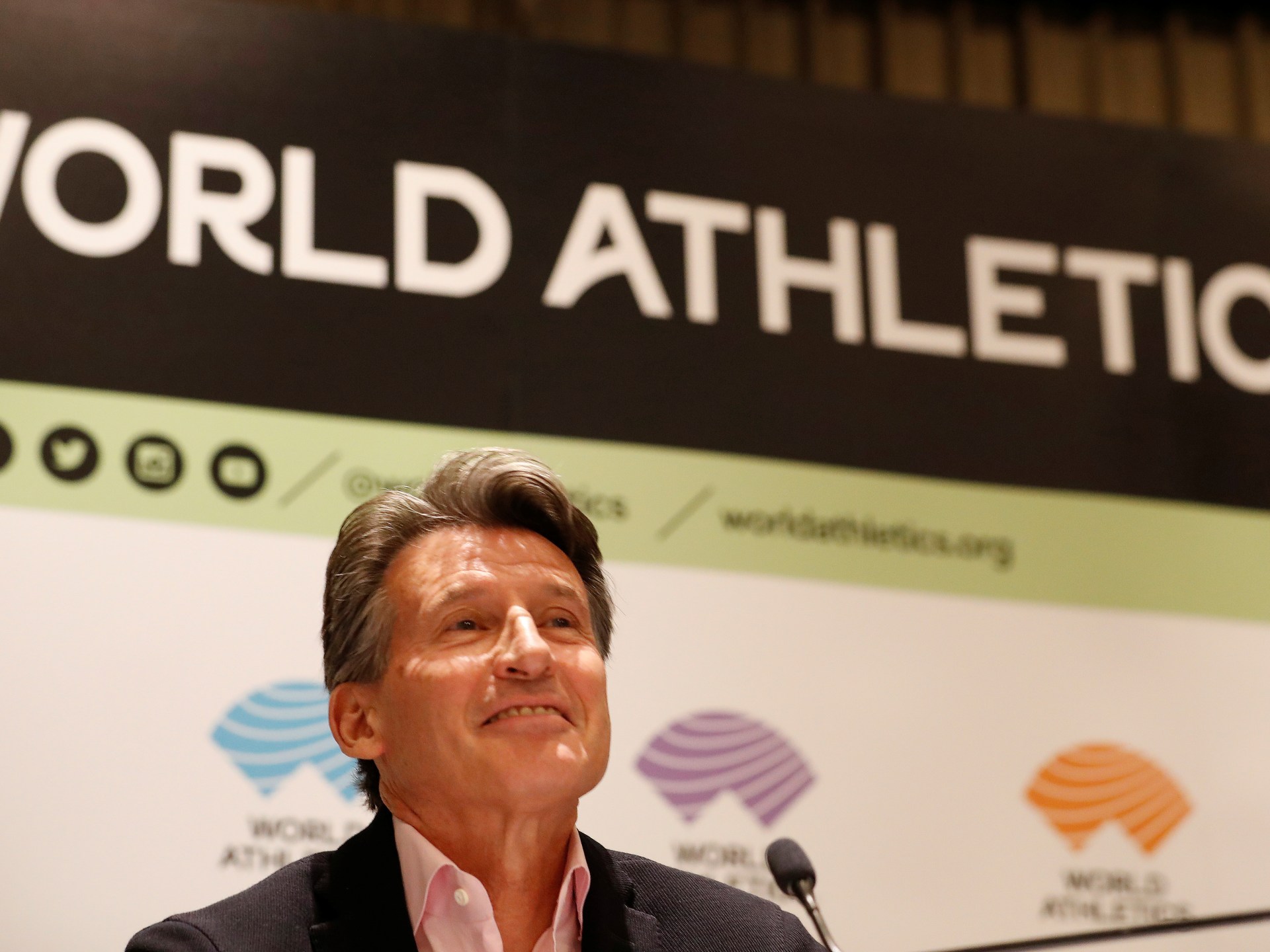Track and field’s governing body has set a deadline of September 1 for athletes to pass a gene test before competing in the world championships in addition to the previously announced rules regarding female eligibility.
For female athletes to qualify for elite-level events, World Athletics announced in March that chromosome testing by cheek swabs or dry blood-spot tests would be required.
World Athletics stated in a statement on Wednesday that the next worlds will begin on September 13 in Tokyo, and that September 1 is “the closing date for entries and the date the regulations come into effect.”
Since Caster Semenya won her first 800-meter world title as a teenager in 2009, the most recent rules update gives certainty for the 2025 championships.
Semenya’s years-long challenge to a previous version of track and field’s eligibility guidelines, which affect athletes with medical conditions known as “differences in sex development,” was resolved three weeks ago in Strasbourg, France. The court’s decision did not overturn the rules of track because she did not receive a fair hearing at the Swiss supreme court.
In order to compete in international women’s events, World Athletics imposed new rules on Semenya and other athletes who have DSD and have suppressed their elevated natural testosterone levels. Menya refused to give medication.
The track body, which is based in Monaco, now requires a “once-in-a-lifetime test” to determine whether a person’s Y chromosome matches criteria for biological male athletes.
For you to compete in the female category, you must be biologically female, according to World Athletics President Sebastian Coe, at the highest level.
With the national-level protocol being followed by its member federations, the governing body will cover up to $100 of the costs for each test. Within two weeks, test results should be available.
World Athletics claimed that the SRY test is incredibly accurate and that false positive or false is improbable.
Transitional rules allow “a very small number of known DSD athletes” to continue competing if they take medication to stop the production of natural testosterone, as World Athletics has combined their eligibility criteria for DSD and transgender athletes.
According to World Athletics, “the transitional provisions do not apply to transgender women because there are no transgender athletes competing at the highest international level under the current regulations.”
Source: Aljazeera

Leave a Reply